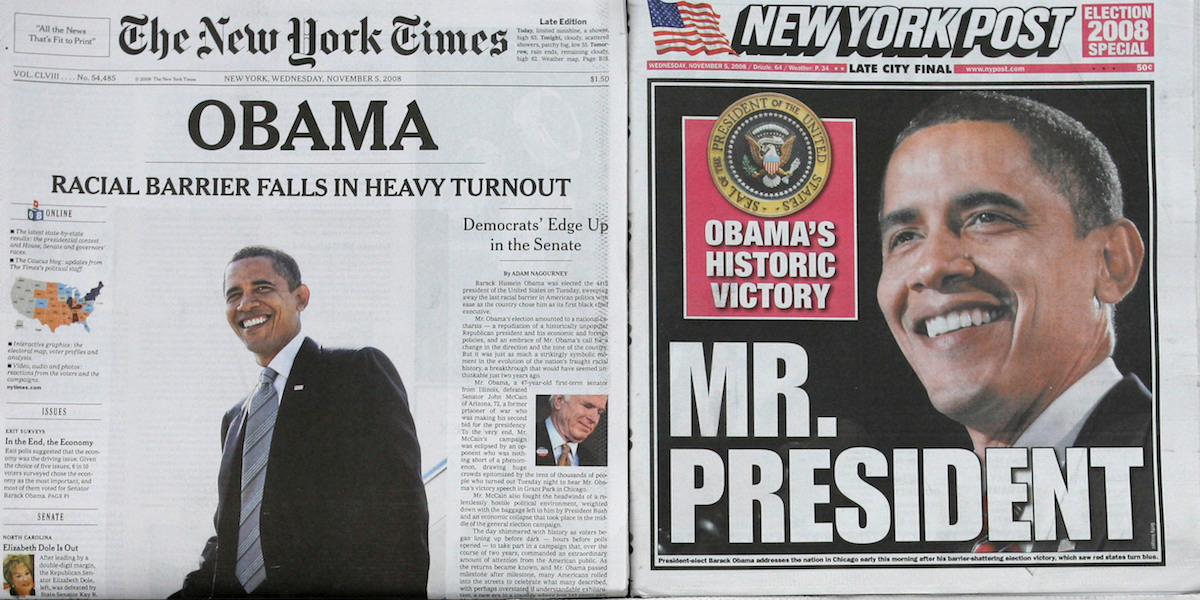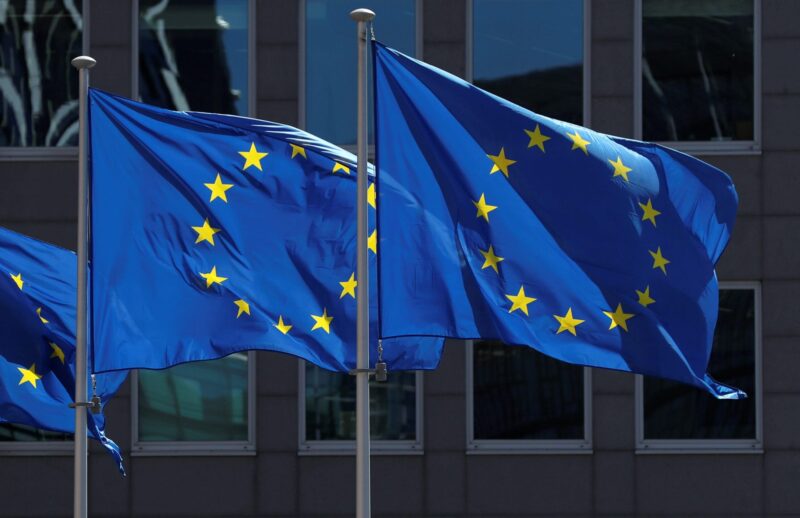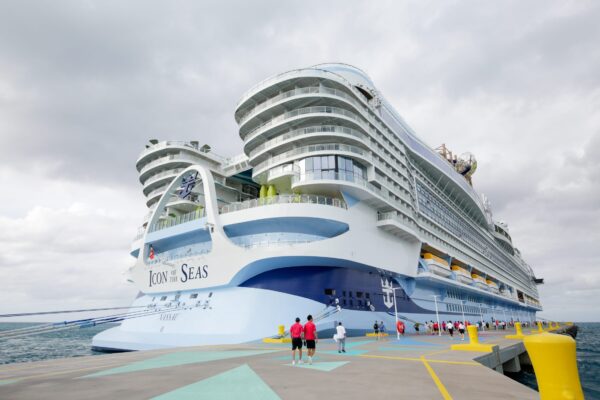- Newspapers offer a glimpse into the past and inform us of the events of the present.
- Some newspapers are remembered along with the significant historical event they reported on, like the Chicago Tribune’s front page featuring Obama winning the 2008 presidential election.
- Here are 11 of the most iconic newspaper covers from world famous events.
The famous quote, “History is written by the victors” is often attributed to Winston Churchill. The thought process behind this quote, however, leaves out an important set of storytellers: the press.
Newspapers offer a glimpse at the past and answer the “who, what, when, where, and why” of historic events that still have influence today. As pieces of literature and even art, they can make us feel hope, disgust, empowerment, or disillusionment about aspects of culture and history.
Some newspaper front pages are truly evocative and may be remembered as part of the significant historical events they reported, like the ones covering events such as Pearl Harbor, the Watergate Scandal, and Obama’s victory in the 2008 presidential election.
With the help of Kathryn Wilmot, archivist of print news collections at Newseum in Washington, D.C., here are some of the most iconic newspaper covers that have captured world events and became as memorable as the stories themselves.
When the Chicago Tribune got it wrong
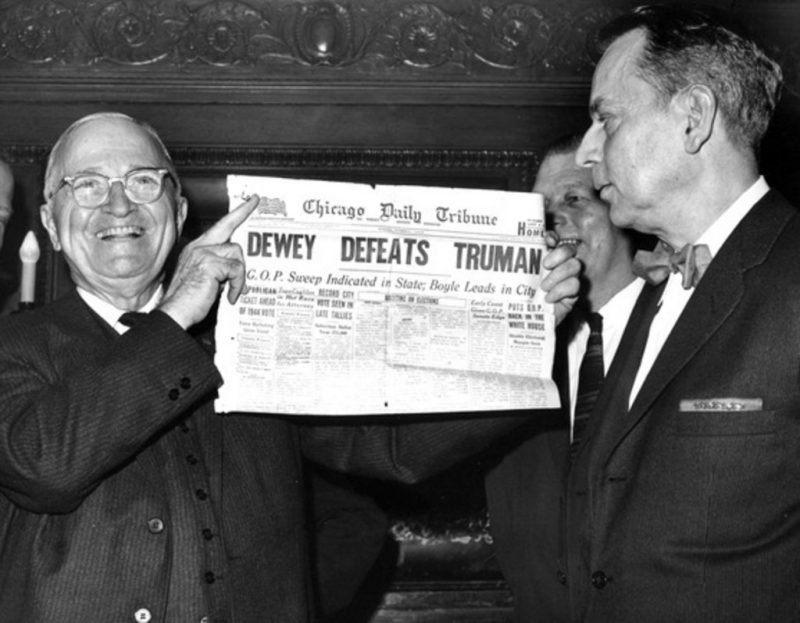
Tight deadlines and misleading polls led the Chicago Daily Tribune to incorrectly publish, "DEWEY DEFEATS TRUMAN" after Harry S. Truman had been elected president.
When Barack Obama was elected president

Many Americans may have thought they'd never see the day a black man would become president of the United States.
Coverage of the 2008 presidential election mirrored the language of hope and change Obama used during his campaign, like these covers by The New York Times, The New York Post, The Daily News, and Newsday.
The death of Nelson Mandela
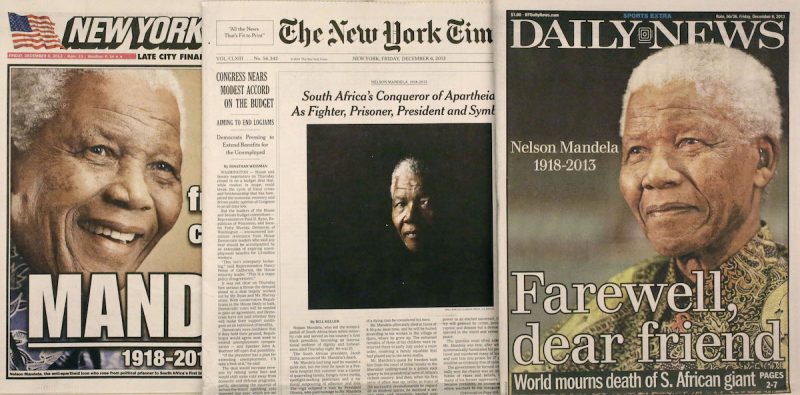
A great front page tells a story all on its own. The New York Post, The New York Times, and The Daily News' covered Mandela's tale of rising above rigid, systematic racism and imprisonment to become president and help end apartheid in South Africa after his death in December 2013.
The death of Princess Diana
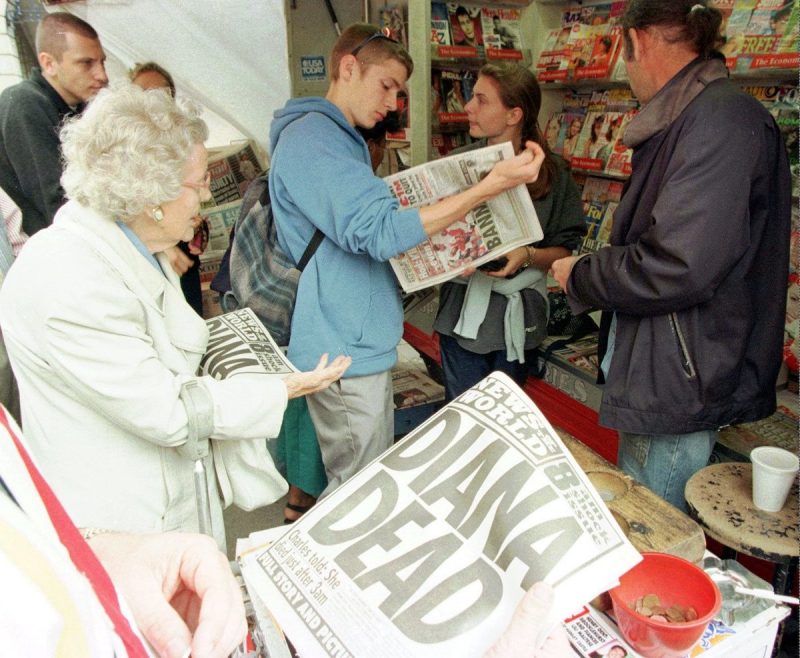
Princess Diana's death caused shock and grief around the world following a fatal car crash on August 31, 1997.
The tabloids that covered her death were also blamed for it, since the car had been speeding away from paparazzi. The tragedy resulted in a permanent change of the public perception of the paparazzi, according to USA Today.
The moon landing
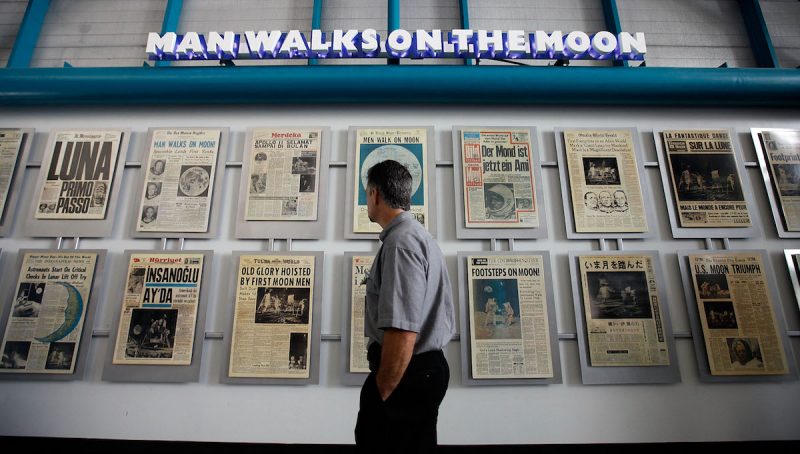
While broadcast reporters initially broke the news of man's first steps on the moon, hundreds of newspapers covered the triumph, featuring front page covers that will go down in history.
"We have approximately 400 domestic and international moon landing newspapers dated 7/21/1969 in the collection," Wilmot said. "In general, they clearly reflect the world's fascination with this extraordinary accomplishment. Many people saved these front pages as mementos of the occasion."
The dropping of an atomic bomb on Hiroshima
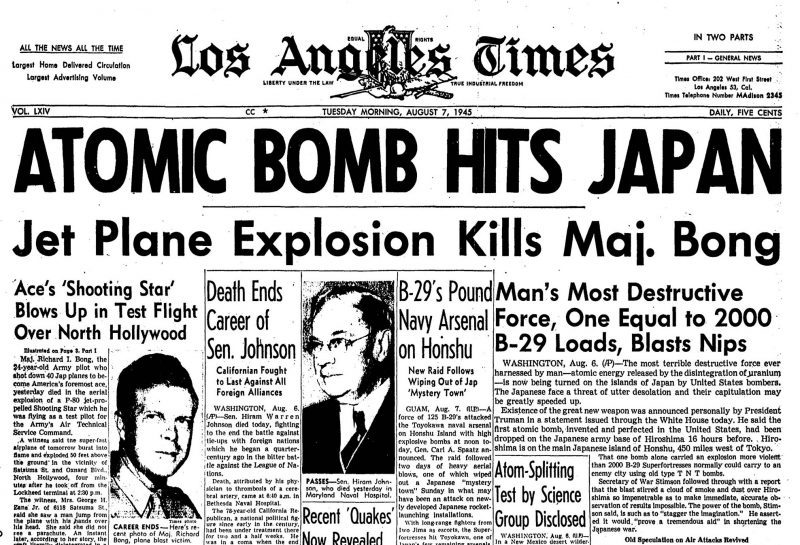
US media coverage of the atomic bomb dropping, with its large, dramatic headlines, could not have been more different than Japan's coverage of the event.
In Japan, censorship was in play, and the Japanese media initially offered only brief, terse descriptions about the first atomic bomb and the destruction it wrought. The paper didn't report any of the destruction of Nagaski until 16 days after the attack, as reported by the Japan Times.
2011 Japanese earthquake and tsunami

According to Wilmot, The Ishinomaki Hibi Shimbun's raw coverage of the 2011 earthquake and tsunami are some of the most interesting newspapers in the Newseum's collection.
"The editors at the newspaper hand wrote these oversized newspapers and posted them at the entrances of relief centers around the city of Ishinomaki," she said.
The bombing of Pearl Harbor
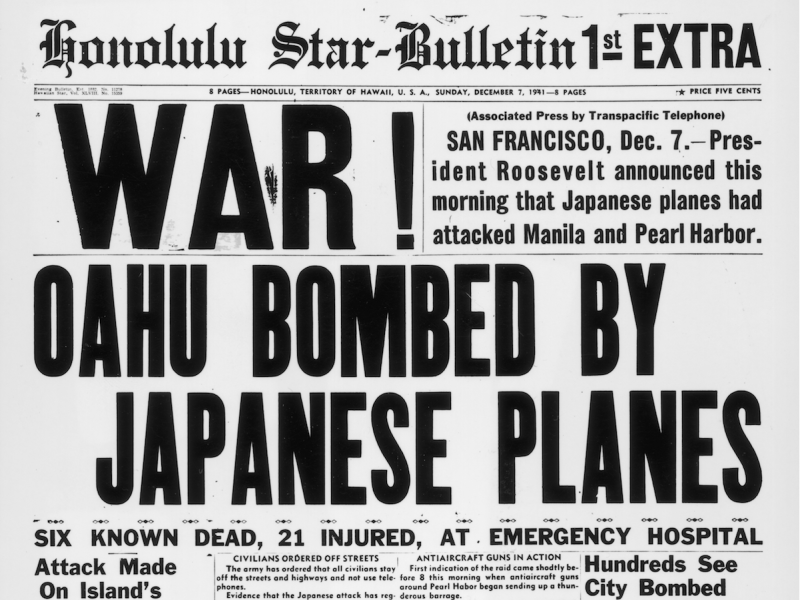
Original copies of the Honolulu Star-Bulletin's day-of Pearl Harbor coverage fetch as much as $2,000 today, Timothy Hughes, expert on rare newspaper collecting, told Tuscon.com.
Brexit
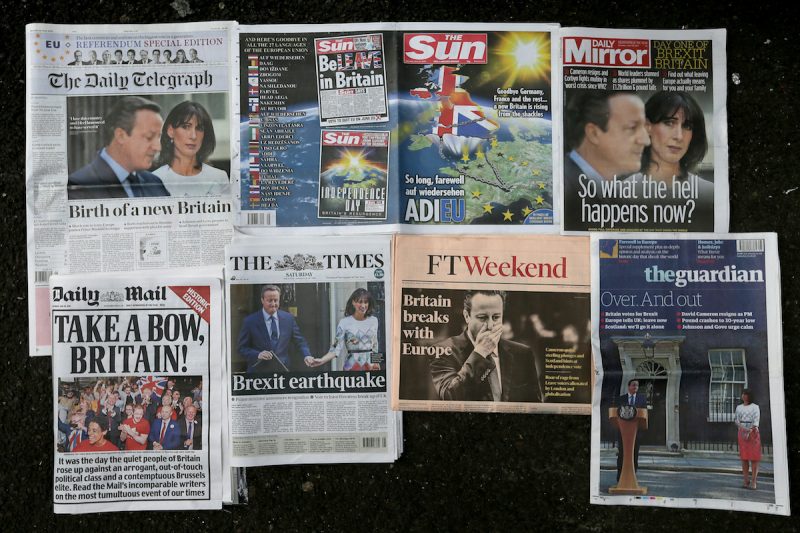
British media coverage surrounding Brexit has been generally divided. Newspapers like the Daily Mail, the Daily Express, and the Daily Telegraph released covers that supported Britain's decision to leave the EU, while others, like the center-left Independent, strongly opposed Brexit.
Foreign coverage for the most part tended to express concern.
The 16th Street Baptist Church Bombing
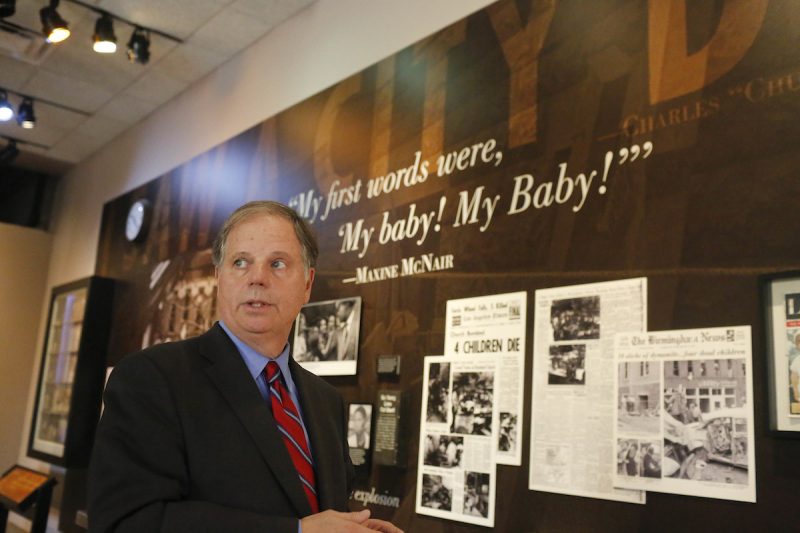
Newspaper coverage of the 16th Street Baptist Church bombing captured the racially motivated attack on church members, the dismal police response, and the unrest caused by both.
The Watergate scandal
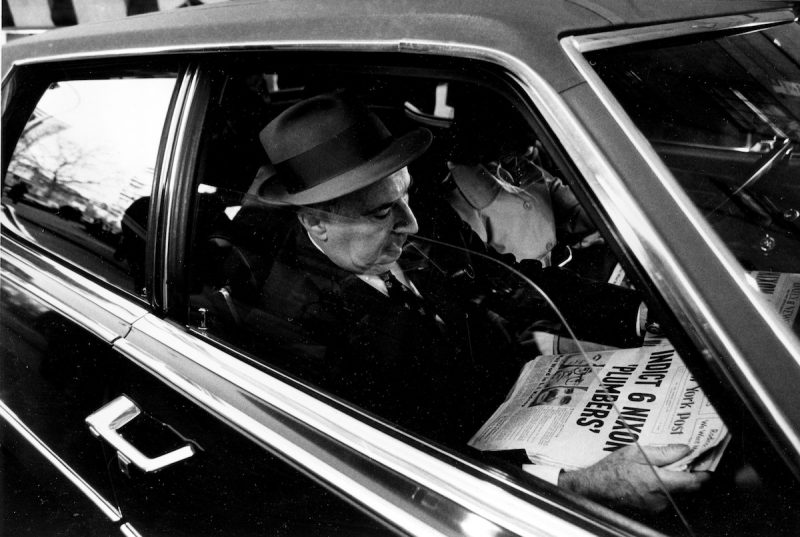
The Watergate scandal was "an epic tale of crime and cover-up at the highest level of US government," Wilmot said.
The story, broken by The Washington Post, and the following scandal brought into sharp relief the important role of the press as a watchdog over the government.
